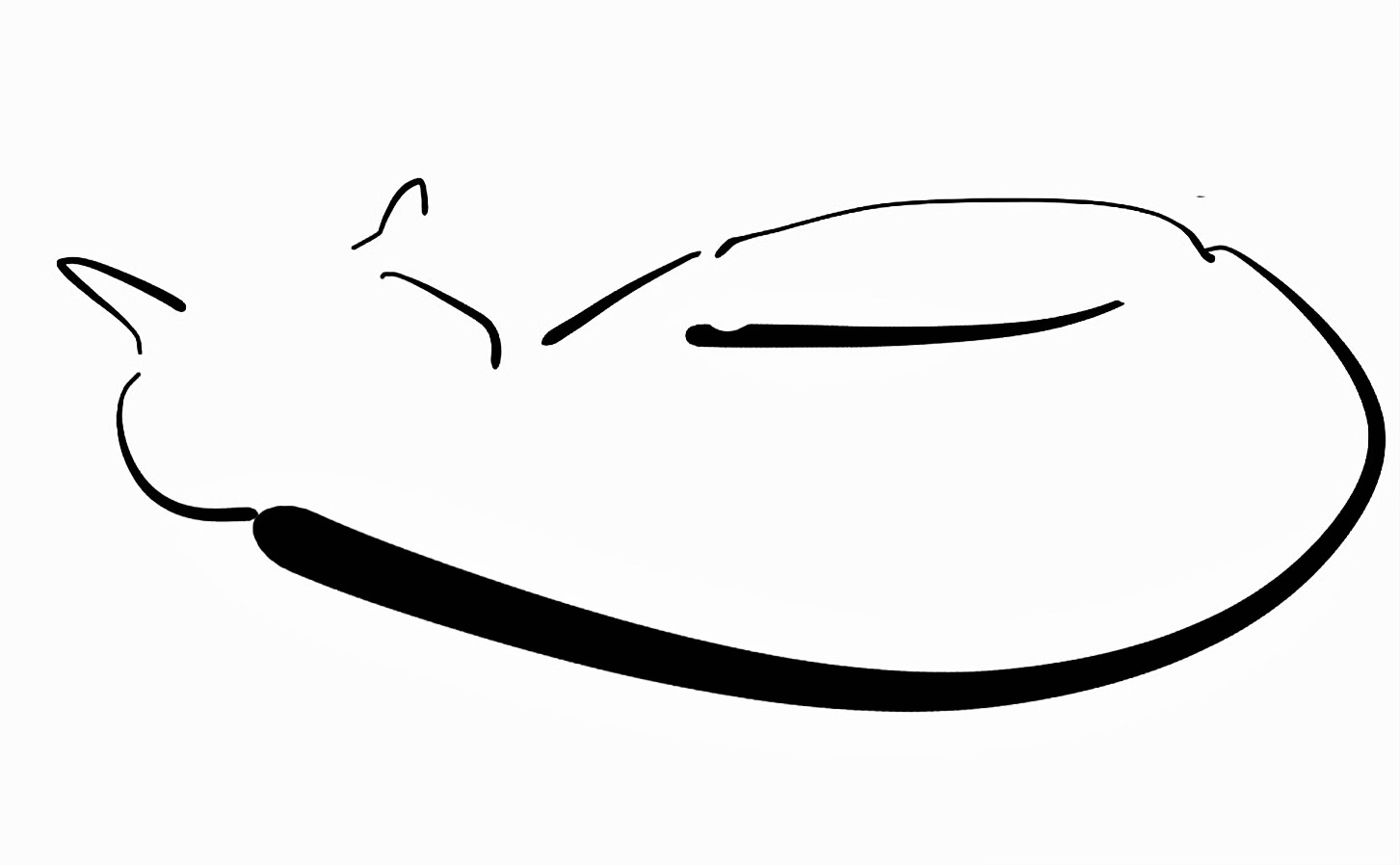A Cat Dies During a Catastrophe
I've been reluctant to admit how much I've grieved.
The ancient Sumerians had a proverb: “A loving heart builds houses.” I’ve thought of it many times since a member of our household, a cat, died last month. People who think cats are indifferent or self-centered would have been astonished at the depth of this one’s compassion and love. She built houses.
I’ve been a little reluctant to admit how much I’ve grieved for her. Who am I to mourn so much for one small creature? Am I weak? Self-indulgent? That led me to some psychology papers about the experience of losing a pet, or what some therapists call an “animal companion.” (Other groups use the term “non-human persons.”)
“Psychologists should view pet loss as an important domain,” one paper says. It cites “human–animal attachment,” “the benefits of pet companionship, and “the profound sense of grief that can be experienced in response to the death of a pet.” This mourning sometimes becomes “disenfranchised grief,” either because others don’t recognize the depth of the resulting sorrow or because the grieving person doesn’t feel they have the right to such profound emotion.
Those papers told me what I already knew, but still needed to hear: that it’s only natural to mourn someone who lived by your side for years. Too often we try to dictate our emotions, ordering them this way and that like we’re some border guard of the heart. That’s a mistake. In fact, it’s worse than a mistake. It’s an apartheid of the spirit.
The Sumerian proverb continues: “A hating heart destroys houses.” The wars go on: wars of attrition, wars of starvation, wars of extermination. I ask myself: Who am I to feel sad when people around the world are losing everyone they love, from infants to the elderly?
But grief can’t be quantified or compared. It’s like a neutrino. It has no mass, just energy. It’s the dark-mirror image of “the Guide” in Stephen Mitchell’s translation of the Bhagavad Gita: “primordial poet, smaller than an atom, inconceivable, brilliant as the sun.”
Our Palestinian friends have been among the most compassionate about our loss, despite the magnitude of the ongoing horror in Gaza. That makes sense, come to think of it. Grief should soften our hearts and help us recognize the personhood and pain of others.
A confession: For years, I called myself a “dog person.” But those distinctions feel artificial now. Consciousness knows no taxonomy. It just is.
Cats are still maligned in Western societies, which is probably a holdover from European superstitions. But they’ve always had their advocates. The famously dissolute Charles Baudelaire wrote about them in his then-scandalous Flowers of Evil, using language so sentimental it could embarrass a schoolchild. Pablo Neruda wrote several poems about them. One says:
the cat
only wants to be a cat
and any cat is a cat
... from the night to his golden eyes.
It continues:
There is no unity
like him,
he is just one thing
like the sun or the topaz,
and the elastic line of his contours
is firm and subtle like
the line of a ship's prow.
The image above isn’t a sketch of the cat who just died. It’s her sister, who she cared for like a mother. That solicitude saved both their lives in the shelter when it was time for them to be euthanized. The volunteer who brought them to us said she saw it and thought, “I can’t let that love die.”
It didn’t, until now.
Sleep, sleep cat of the night,
with episcopal ceremony
Take care of all our dreams ...
Here’s the thing about grief, as I’ve been reminded: You can’t think, read, or write your way out of it. You have to treat it like a new roommate, cohabiting with it until the new arrangement becomes comfortable for both of you.
The Buddhist teacher and therapist Dharmavidya David Brazier wrote a book on grief called “Who Loves Dies Well.” That phrase could have been this cat’s epitaph. A loving heart builds houses. They’re sturdy houses, with room enough for all the people who come looking for shelter. Once there, they remain your companions forever.
This house seems lonelier, for sure. But it was built to last, and it will always be home.
Donations in the name of “Lily” can be made to:
The Nonhuman Rights Project
Cat Town of Oakland
... and, for the humans, UNRWA needs your support more than ever.


An animal who shares space with you is a member of your family, animals bring so much to our lives.
I have lost many cats and dogs and it never gets easier, but with time the pain eases and the positive memories we have of them remain.
Im sorry for your loss of your cat. Im slso a cat lover. Thank you for sharing this beautiful piece. I loved the poems.